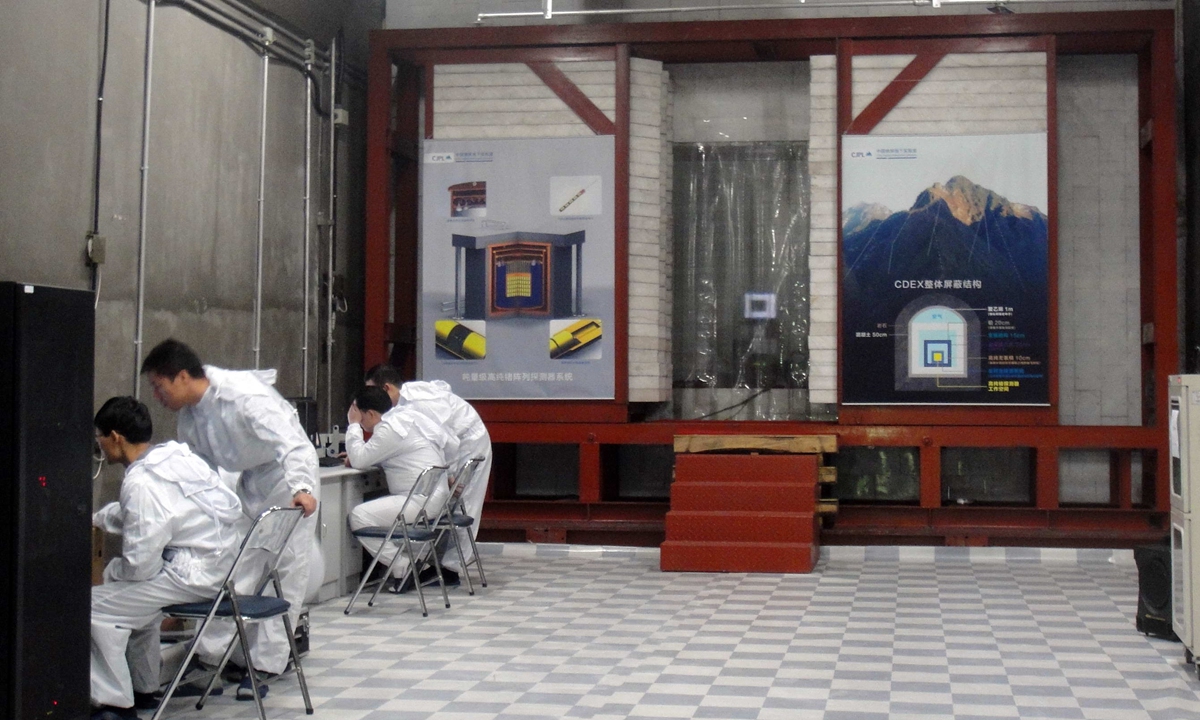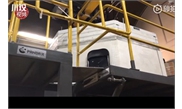China releases results of first batch of experiments from world’s most powerful deep underground accelerator

China Jinping Underground Laboratory Photo:cnsphoto
The China Jinping Underground Laboratory (CJPL), China's first deep underground astrophysics experiment project in Southwest China's Sichuan Province, released results of its first batch of experiments on Saturday, demonstrating that China's nuclear astrophysics has reached top international levels, making China become the third country in the world with the ability to carry out deep underground nuclear astrophysics researches.
The measurement sensitivity and statistical accuracy of the first four nuclear astrophysics experimental results published are higher than other devices of the same kind around the globe. The outcomes achieved the maximum exposure, widest energy range, and highest sensitivity measured directly from international nuclear astrophysics.
For the CJPL project team, the innovative results obtained in the experiments indicate that the powerful deep underground nuclear astrophysics accelerator developed by the team has become an experimental platform with significant influence in this field, putting China in the center-stage of nuclear astrophysics for the first time.
Michael Witcher, former president of the American Nuclear Astrophysics Union, Roland Dyer, director of the European Ray Astrophysics Laboratory, and Toshiki Ono, an assistant professor from National Astronomical Observatory of Japan, sent video congratulations and recognition respectively.
Located in Jinping Mountain, Liangshan Yi Autonomous Prefecture in Sichuan, the Jinping Underground Laboratory is currently the world's deepest underground laboratory, covering 2,400 meters of vertical rock. In 2010, the laboratory was officially put into operation, filling the gap which has hitherto existed in China's deep underground labs.
It has been determined that the cosmic ray flux in the Jinping underground laboratory can be reduced to 1/10 millionth to 1/100 millionth of the ground level, making it the underground laboratory with the lowest cosmic ray flux and the deepest rock cover in the world. In order to better carry out the direct measurement of key reactions in nuclear astrophysics, the China Institute of Atomic Energy led the installation and operation of the deep underground accelerator in the laboratory, in collaboration with leading domestic and overseas institutions.
Nuclear astrophysics is one of the frontiers of basic science research, and has been listed as an important field in the long-term development plan for physics in China. Measurements of celestial nuclear reactions based on deep underground laboratories can provide the most basic and accurate experimental data for carrying out further researches.
Global Times


